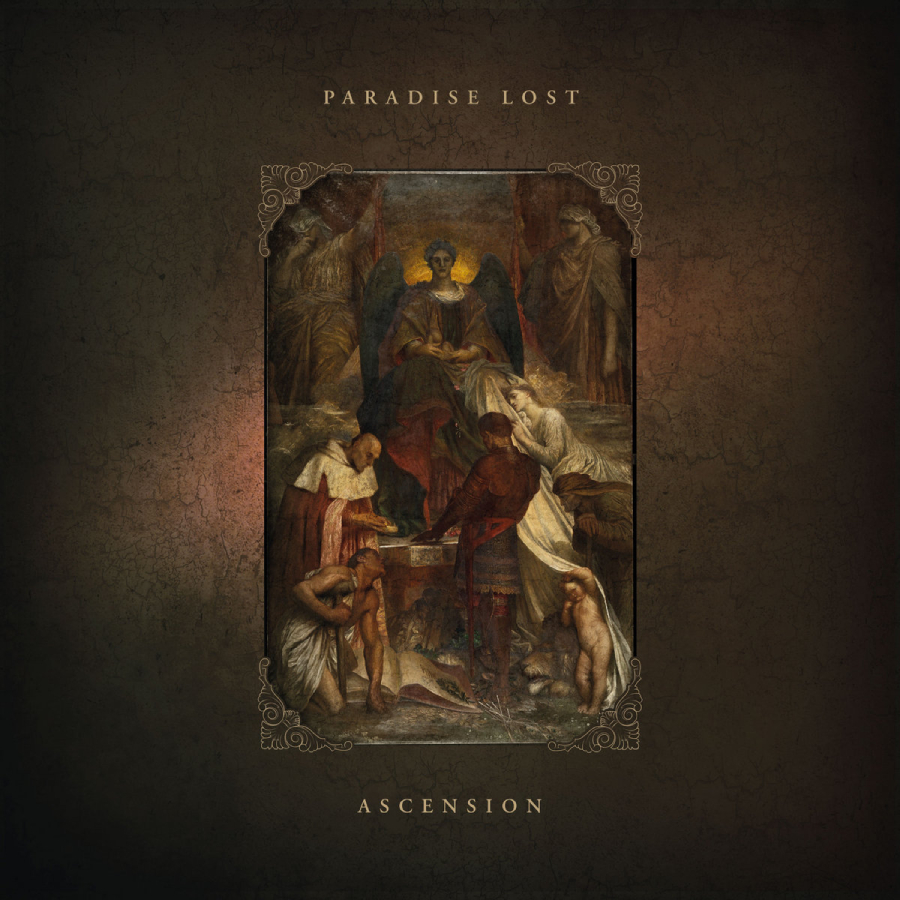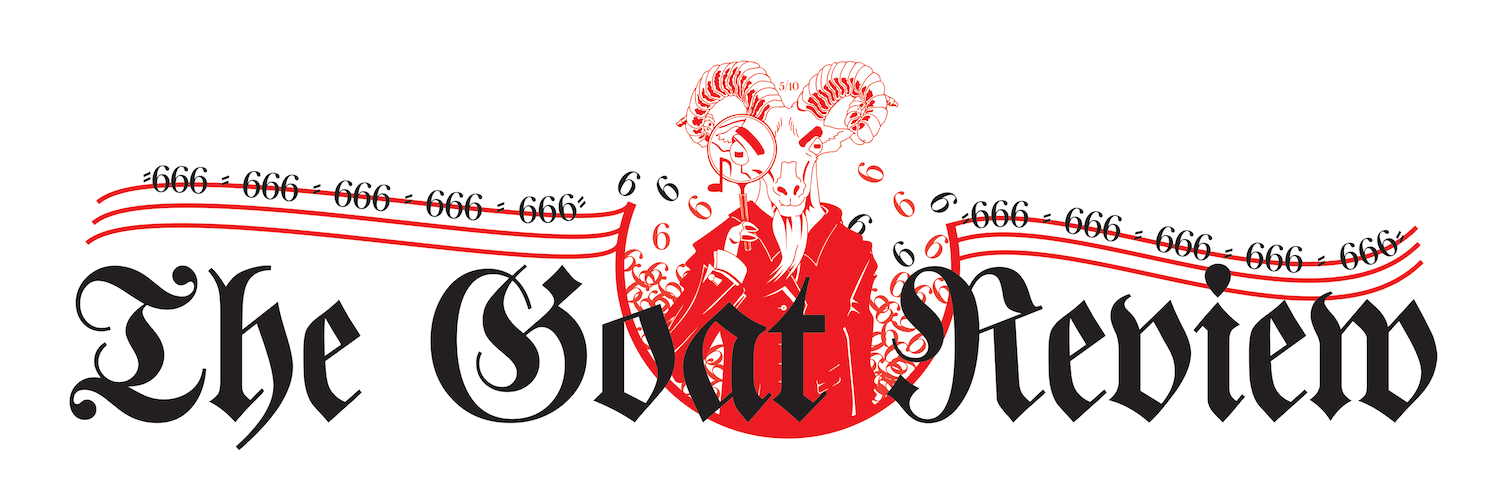
In Ernest Becker‘s book The Denial of Death, Becker posits that there are three different ways that people handle the knowledge that they will one day die. They either develop a faith that the end is not the end (religious or otherwise), they go mad unable to cope with the fear of this truth, or they become an artist as a way of dealing with it. Paradise Lost have made the middle ground between these last two types their home, glaring at the religious type, for nearly four decades. With their early influences rooted in a wide range of bands like early Black Sabbath, Master of Puppets-era Metallica, The Melvins, as well as non-metal bands like Siouxsie and the Banshees, Dead Can Dance and The Cure, it’s no surprise they have been influential themselves in the development of two different sub-genres of metal — death doom ( the Peaceville-sound) and gothic metal. Always restless, and always tweaking their sound, Paradise Lost are one of those bands I have been following for a long time out of equal parts curiosity, nostalgia, and genuine appreciation. It’s a well worn in-joke at this blog that I ascribe any minuscule blip of minor scale in a song as an influence of Paradise Lost, but it’s hard to deny this is one of the influential bands of 90’s doom metal. Now reaching their 17th album with Ascension, can they still pull off their staring contest with death without flinching?
What makes Paradise Lost songs compelling is the interplay between the main two composers, vocalist Nick Holmes and lead guitarist Gregor Mackintosh who have consistently developed the Paradise Lost sound through subtle tweaks with each release. You can roughly divide their work into three periods: the “Peaceville Three” death doom days, the experimental goth/rock days, and the resurgence days where they picked up metal again. A cynical take of this controversial middle period frames it as sell-out genre hopping. It is seemingly, also, a period of personal strife that the band wants to forget. However, they did try to experiment wider than before, with some hits and misses. Mainly, what makes Paradise Lost songs compelling is the interplay between the main two composers, vocalist Nick Holmes and lead guitarist Gregor Mackintosh. This band knows how to craft strong hooks and this is true even across albums like Host, where they suddenly (and successfully) decided to sound like Depeche Mode. While some progressive writing has crept about here and there, the hooks are what most people come to this band for. Holmes‘ lyrics often deal with death in a way that feels personal, and his vocals are varied, channeling folk, pop, James Hetfield-like grunts, and growls as the situation fits. Mackintosh‘s weeping guitar is idiosyncratic, like a favorite well-worn knife that gets the job done, while also often a bludgeon of emotion working in lockstep with Holmes‘ vocal hooks.

In the resurgence period, starting with 2009’s excellent Faith Divides Us, Death Unites Us, Paradise Lost have put out albums that compete with the quality of their early work, each with their own distinct theme. After revisiting the death doom days with 2015’s The Plague Within and 2017’s Medusa, 2020’s Obsidian whipped back and dove deeper into their love for The Sisters of Mercy than before. Despite some quality songs, the band felt creatively tired. But after a five year wait, Ascension again pivots in a new direction. On the whole, it’s a more subtle album than the overly hook-focused Obsidian, opting for a rawer feeling at the core of the songs. Early highlight “Salvation” experiments with a slightly progressive doom tread, almost quoting Chopin‘s Funeral March before opening up into a massive hook of clean vocals. A guest vocal performance by Alan Averill (Primordial) adds great contrast to Holmes before the song crashes down into a slow doom crawl effortlessly. Songs like the introspective “Lay A Wreath Upon the World” and “Savage Days” show that the gothic style is still alive and well, but the biggest surprise on Ascension lies in a subtle lean towards traditional heavy metal. Songs like “Silence of the Grave”, “Sirens” and “Diluvium” mix in more trad metal than I can remember the band using since way back on Shades of God, and “Diluvium” especially stands out as a weird combination of Black Sabbath riffs, heavy metal, and moments of classical counterpoint riffing. The other part of Ascension‘s character comes from Guido Zima Montanarini‘s debut (and sadly farewell) on drums. Montanarini‘s work (also in Mackintosh‘s side project Strigoi) contains a barely restrained feeling that leans into the rawer character of Ascension, hitting cymbals and snare with heavy conviction in slower moments, and exploding into action when songs call for it. It’s an intriguing change of flavor to the album that changes how the rest of the band sit in the mix, yet Montanarini isn’t overpowering and all force. I don’t know what creative differences made the band part with him, but it seems a shame that we won’t get to see how he would evolve further with the band.
37 years into their career, Ascension sees Paradise Lost filled with “too old to give a fuck”-confidence. The five years between releases is noticeable in Mackintosh‘s leadwork, which often builds up the big moments with a rare cohesion that carries across the album. Rather than looking for hits on Ascension, it’s a grower of an album with a good flow, that tapers off just a bit near the end. It might not match the heights of the resurgence period, but nearly gets there. The choice of George Frederic Watts‘ Court of Death as album cover undoubtedly is a hint of themes like the uselessness of material power and wealth before death, a reflection of the troubled state of the world today. As Anaal Nathrakh shrieks that we should hold those dear to us close and do what we can, Paradise Lost nod in agreement, tirelessly muttering their message of “memento mori”. It’s a sentiment that still resonates with me after I first heard them express it 25 years ago.
